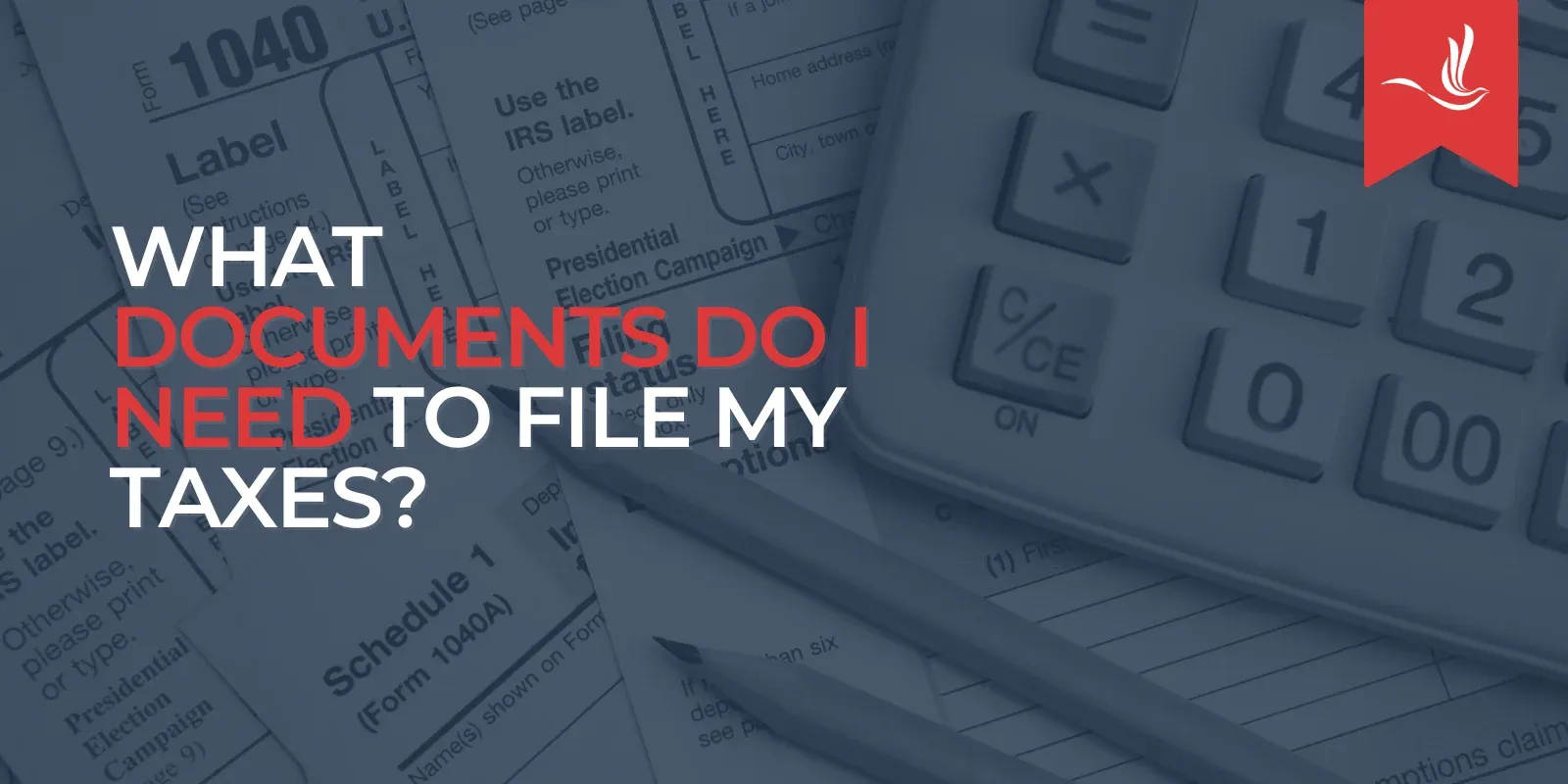The long-running dispute between JPMorgan Chase and the third-party apps that rely on its data has finally reached a resolution.
According to CNBC, JPMorgan has signed contracts with fintech firms that account for more than 95% of the data requests made to its systems, agreeing to sell them customer information for a negotiated fee.
The settlement ends a lengthy legal battle over who actually owns customers’ financial data. For years, intermediaries like Plaid were able to tap into bank systems at no cost whenever a customer used a fintech app to move money or make a payment. This has long been the norm in Europe, where regulators require banks to share data with third parties for free.
The United States, by contrast, left banks and fintechs to negotiate their own terms. That changed when the Consumer Financial Protection Bureau (CFPB) interpreted Section 1033 of the Dodd-Frank Act as requiring banks to share customer data with other financial services providers at no cost.
The reasoning was that the data belongs to consumers, who benefit when it can be freely shared.
Retrenching on Section 1033
The Trump administration tried to rescind Section 1033 and allow larger financial institutions to charge fintechs for customer data access. In June, JPMorgan announced plans to impose access fees on its customers’ banking data, with higher charges for entities involved in payment processing.
Plaid became the first major fintech to accede to JPMorgan’s wishes. In September, it agreed to begin paying for access to the data.
Following that agreement—and with the future of the CFPB in doubt—the parties involved began working to resolve the issue independently. After weeks of negotiation, JPMorgan accepted a lower pricing model than it had originally proposed.
In return, the fintechs agreed to make certain concessions related to the servicing of data requests.
Moving Markets
The volume of data involved is substantial. At one point, JPMorgan reported receiving 1.89 billion data requests in a single month, and the fees it has proposed could total as much as $300 million per year.
Although the dispute and resulting settlement have centered on JPMorgan, the largest bank in the U.S., the implications are likely to cascade down to other banks as well.
Disclaimer: This story is auto-aggregated by a computer program and has not been created or edited by finopulse.
Publisher: Source link







